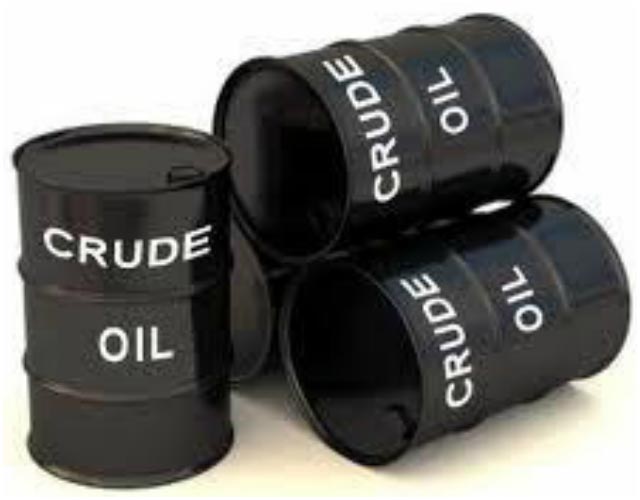2026 Budget: Petroleum receipts fall sharply by 35.7% as gov’t plans to invest funds locally

The Minister for Finance, Dr Cassiel Ato Forson, has presented the 2026 Budget Statement and Economic Policy with a candid assessment of the nation’s petroleum sector, highlighting a significant slump in 2025 and outlining an ambitious reform to ensure oil wealth benefits domestic development.
The budget documents reveal a challenging year for Ghana’s crude oil exports. Total crude oil export receipts saw a substantial decline of 35.7 percent, falling from US$3.05 billion in September 2024 to US$1.96 billion in September 2025.
This drop was primarily attributed to two factors: lower export volumes and softer global oil prices.
Dr Ato Forson acknowledged the structural challenges facing production, noting that daily oil output decreased from a peak of 200,000 barrels per day (bpd) in 2019 to approximately 150,000 bpd in 2025.
This decline is due to natural field depletion and delays in new investments.
Total petroleum receipts from all sources for the first nine months of 2025 amounted to US$600.8 million, representing a 35.7 percent decline compared to the US$1,071.1 million recorded in the same period of 2024.
Addressing the performance, the finance minister stated: “Mr Speaker, petroleum receipts continue to be a vital component of Ghana’s fiscal framework, providing crucial support for the Annual Budget Funding Amount (ABFA), the Ghana Stabilisation Fund, and the Ghana Heritage Fund. However, declining output and volatility in global prices underscore the need for accelerated investment in field development, diversification of energy sources, and stronger revenue management to sustain this key sector.”
A key proposal in the 2026 budget is a legislative reform to allow a portion of the Ghana Petroleum Funds (GPFs) to be invested in the domestic market, specifically in commercially viable energy infrastructure projects that can power industrial and economic transformation.
Currently, the GPFs are legally restricted to low-risk, foreign-denominated securities, an approach which the budget notes has “yielded very little returns”, with an average return of just 1 percent per year over the last thirteen years.
Dr Ato Forson strongly advocated for this paradigm shift in wealth management: “Mr. Speaker, the time has come to make our oil wealth work harder for Ghanaians. Our oil resources must not sit idle abroad when they can light our homes, power our factories, and build a better future for our children.”
He stressed that this reform is not an added cost but a “mindset shift” to redefine how Ghana manages its natural wealth, moving from passive savings to productive investments.
He assured Parliament that accountability will remain a non-negotiable principle, with governance frameworks strengthened to ensure all domestic investments adhere to strict financial and operational standards.
Looking ahead, the government is banking on the development of new fields, such as the PECAN Field, to bolster production and stabilise crude oil export revenues.
For the 2026 financial year, the projected total petroleum receipts stand at US$985.50 million. This revenue is projected to be sourced mainly from Carried and Participating Interest (US$419.01 million) and Corporate Income Tax (US$403.53 million).
In terms of revenue management, the minister affirmed the government’s adherence to the existing legal framework: “Mr Speaker, these transfers demonstrate the government’s continued commitment to the principles of transparency, accountability, and intergenerational equity enshrined in the PRMA.”




